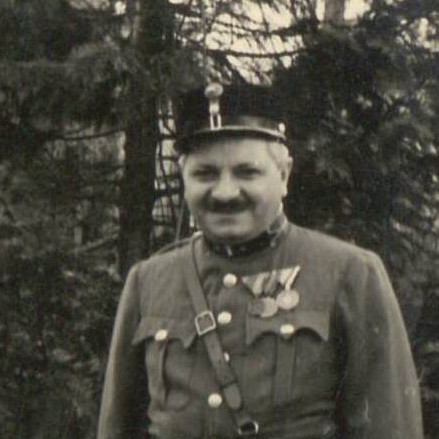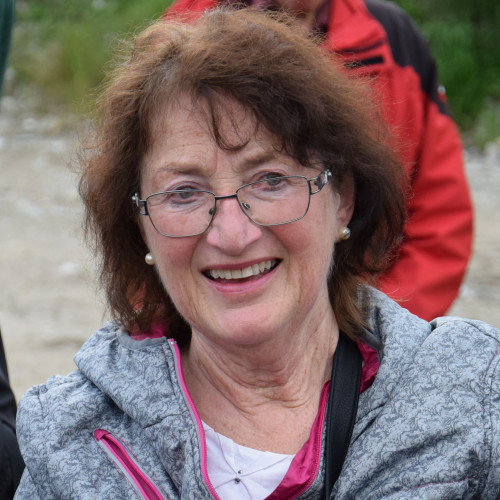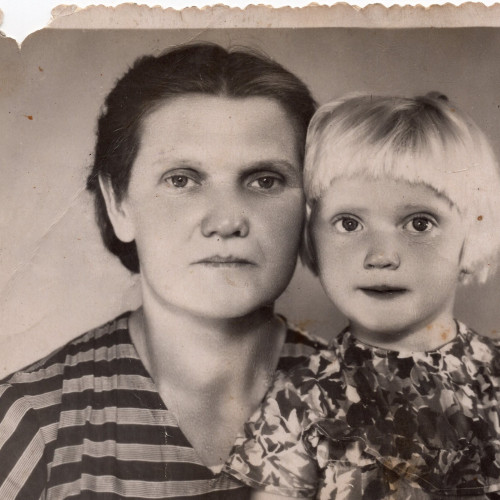Wołodymyr Kryżuk - Instytut Pileckiego
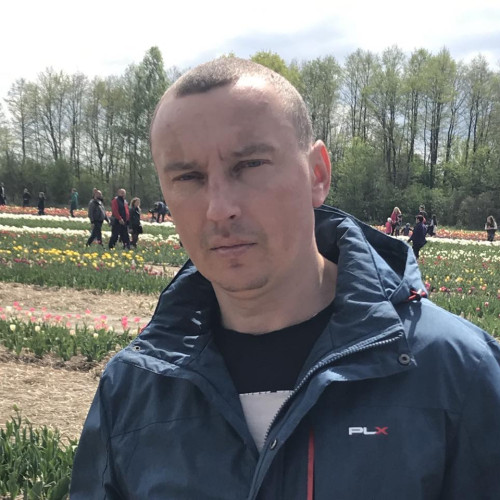
Since the early 2000s, he has been helping Poles who travel to look after the graves of the victims of the massacre carried out by members of the Ukrainian Insurgent Army (faction of the Organization of Ukrainian Nationalists).
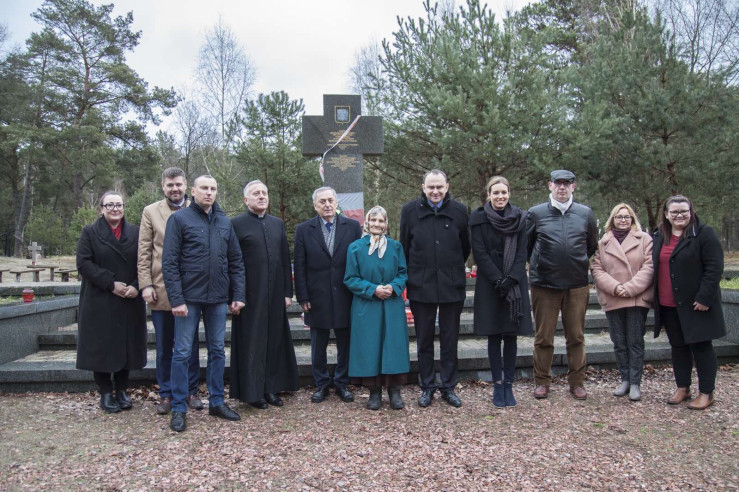
Teacher, pedagogue, activist, volunteer and member of the local self-government – Volodymyr Kryzhuk performs all these roles. Having obtained a degree in pedagogy, he took up work as an elementary teacher, although his educational activities focus on both children and adults. What can we learn from him? History, logistics, effective interpersonal communication, and, above all, compassion.
Since the early 2000s, he has been helping Poles who travel to look after the graves of the victims of the massacre carried out by members of the Ukrainian Insurgent Army (faction of the Organization of Ukrainian Nationalists) on 30 August 1943 in the villages of Ostrówki and Wola Ostrowiecka. Already while the head of the rural council in Rivne, he participated in exhumations of those murdered in the Volhynia Massacre. The project, organized by the Institute of National Remembrance, led to the recovery of the remains of approximately 300 Poles. Dr. Leon Popek from the Institute of National Remembrance describes Volodymyr’s accomplishments as follows: “he was an intermediary in contacts with the Ukrainian commune, the district authorities, and the oblast in Lutsk, helping with the logistics of the undertaking. Later, he gracefully represented the local government during the formal burial of the Poles whose remains were interred at Ostrówki cemetery, where he also helped build the fence and monument.”
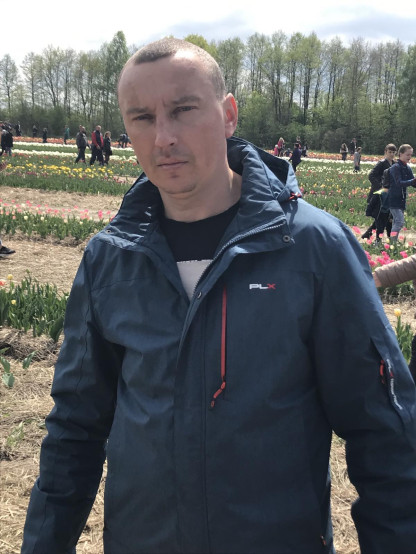
Volodymyr Kryzhuk is the keeper of the memory of the former inhabitants of Volhynia. He looks after Ostrówki cemetery and the monument devoted to the murdered Poles. Following Russia’s aggression against Ukraine in 2022, he has been active in the local self-defense organization.
“Volodia Kryzhuk was very active during both exhumations; he took part in the process, he served as an intermediary in contacts with the Ukrainian commune, the district authorities, and the oblast in Lutsk, he helped with the logistics of the undertaking. Later, as a local government official, he participated in the formal burial of the former Polish neighbors whose remains were interred at Ostrówki cemetery, where he also helped build the fence and monument. To this day, he acts as a Ukrainian custodian of Polish memorials in Ostrówki and Wola Ostrowiecka. As the village head, he initiated a partnership with the local Polish commune on the other side of the Bug River, in Ruda-Huta, helping to foster neighborly and cordial relations.”
Dr. Leon Popek, statement given to the Pilecki Institute
See also
- Jenő Etter (1889–1973)

awarded
Jenő Etter (1889–1973)
The mayor of the Hungarian city of Esztergom received dozens of letters written in Polish. The greeting lines themselves showed the sympathy and gratefulness of the Polish refugees: “Dear Captain!”, “Dear Doctor!”. Jenő Etter understood them all.
- Martha Gammer (1947)

awarded
Martha Gammer (1947)
In the 1970s, few people knew that the tunnels excavated in the hills near Gusen were the result of slave labor by prisoners of the German Nazi concentration camp that existed there during the Second World War.
- Zinaida Giergiel z d. Radczuk (1912—1989)

awarded
Zinaida Giergiel z d. Radczuk (1912—1989)
Zinaida Giergiel suspected that after being chased out of their homes and suffering from hunger, the Poles would attempt to return to their farms. She was able to warn polish family that a unit of the OUN/UPA was waiting for them in the house.
